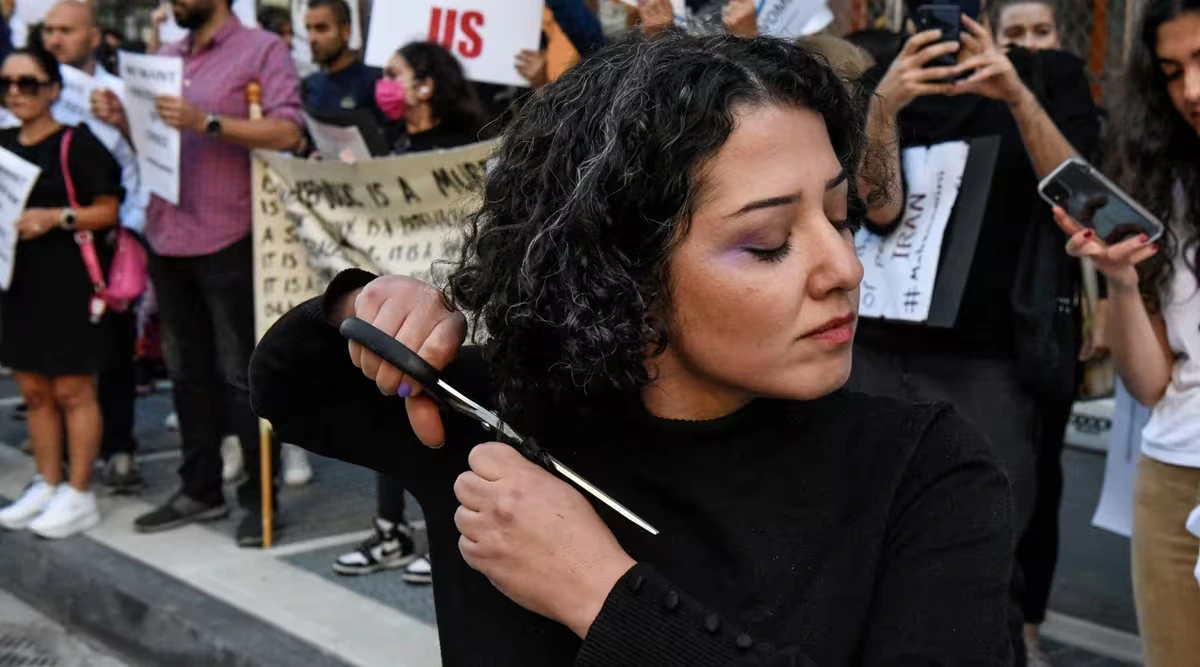This week, Iran’s Parliament passed a bill increasing sanctions against women who don’t wear veils. The bill won 152 votes for, 34 against, and seven abstained.
Named “Support for Modesty Culture,” it comes days after Mahsa Amini’s death anniversary.
Amini, 22, died last year for allegedly violating the dress code. Her demise ignited protests and reopened ideological debates.
The bill imposes fines for mocking hijabs or promoting nudity in media. Business owners will also face travel bans and fines if their employees don’t wear veils.
Furthermore, the law states that cars carrying women without hijabs can get fined 5 million rials, roughly $10.7.

The term “inappropriate” is used to describe tight or revealing clothes.
Additionally, the law proposes prison terms of 5-10 years for certain violations. These include cooperation with foreign entities in not wearing a veil.
Meanwhile, the existing law already imposes up to two months of jail for public veil absence. The new rules are up for a three-year trial, pending final approval.
More women in Iran have recently been seen without veils, especially in big cities.
Consequently, authorities are responding with strict measures, including shop closures and street cameras.
Conservatives, dominant in the government, firmly back the veil, saying its removal would shift social norms significantly.
On September 14, a UN mission warned that the new law would heighten risks for women. These risks include violence, harassment, and unjust arrest.
Background
Amini’s death spurred nationwide protests and reignited debates surrounding one of Iran’s ideological cornerstones since 1979.
The new law proposes financial penalties for “promoting immodesty” on social media platforms.
It also outlines travel bans and fines for business owners whose female employees do not wear veils.
Furthermore, the legislation stipulates fines for drivers and passengers in cars without proper attire.
Interestingly, the lawmakers approved this legislation for a trial period of three years. It still needs approval from the Constitutional Guardians Council to become an official law.

